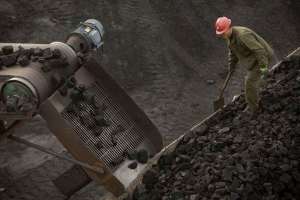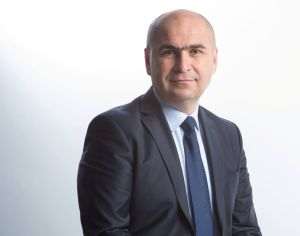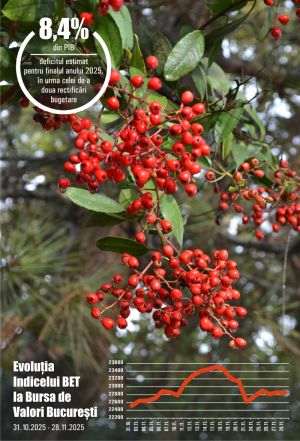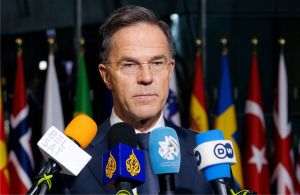Our country will in the next five years have new total capacities of 10,000 Megawatts of solar and wind energy production and new modernized gas plants with a total capacity of 3500 Megawatts, Sebastian Burduja, the Minister of Energy, said yesterday at the ministerial meeting organized within of the fifth edition of the Partnership for Transatlantic Cooperation in Energy and Climate, an event that took place these days in Bucharest in the organization of the Atlantic Council.
Sebastian Burduja stated: "The first thing we relied on was the injection of a large amount of money with the help of the EU and our partners in the energy sector. And the numbers are amazing. In the next three to five years, we will have more than 10,000 megawatts of solar and wind power on top of what we already have. We will have 3,500 MW in modernized gas plants. We have already invested euro1.5 billion in grant money in our networks."
The Minister of Energy also mentioned the partnership with the USA regarding the realization of Units 3 and 4 from Cernavodă, as well as the SMR project from Doiceşti, which would be put into operation in 2030 at the latest.
Unlike his colleague from Romania, who spoke about gas plants, the Hungarian Minister of Foreign Affairs, Peter Szijjarto, drew attention during the same meeting that there are still 15 years in which gas can be used in the energy field and he stated that, unfortunately, certain gas supply projects in the center of Europe are not financed by the European Commission.
Peter Szijjarto stated: "We are the first country that does not border Turkey, but we buy Turkish gas. And this year, for the first time, we started purchasing from Azerbaijan. Now, why can we only do this in a very limited way, in a very limited amount, which does not allow us to fully diversify? Because the pipeline network in the Southeast European region, which connects us to Azerbaijan, Turkey, Qatar, is very limited. So we approached the European Commission together - Slovakia, Romania, Bulgaria, Serbia and Greece - asking the European Union to fund the increase in the capacity of the pipeline network in South-East Europe to enable us to buy more gas from different sources. What was the response of the European Commission? "We're sorry, gas is no longer attractive." Gas will no longer be part of the national energy mix in 15 years, so the EU is not ready to invest in that infrastructure. So here we are without the physical chance of diversification. And that's a problem, because it's not a political issue. If you want to buy gas or oil from different sources, you need pipelines, you need a network, and it doesn't exist."
High-ranking representatives from the public and private energy sectors met on Tuesday and Wednesday at the Palace of Parliament for the fifth P-TECC meeting, organized by the US Department of Energy, the Romanian Ministry of Energy and the Atlantic Council. Yesterday's ministerial meeting focused on the role of industrial policy in achieving transatlantic energy security and climate goals.




























































